News
-
 Health & Medicine
Health & MedicineVaccines, fluoride, raw milk: How RFK Jr.’s views may shape public health
If confirmed as head of the Department of Health and Human Services, Kennedy could influence U.S. policy on vaccines, drugs and food safety.
-
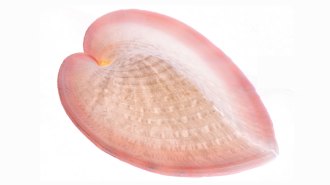 Life
LifeNature’s first fiber optics could light the way to internet innovation
Mineral crystals in heart cockles’ shells protect symbiotic algae from ultraviolet rays and could lead to innovations in internet infrastructure.
By Elie Dolgin -
 Health & Medicine
Health & MedicineYouth tobacco use has gone down, but the work isn’t over
In 2024, tobacco use among middle and high school students reached a record low, but new vapes and other products with nicotine keep coming.
-
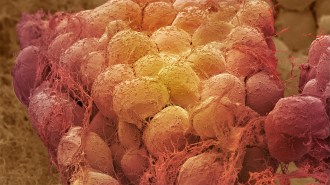 Health & Medicine
Health & MedicineKeeping weight off may be stymied by fat cells’ ‘memory’ of obesity
Some genetic changes in fat cells don’t go away after weight loss, a study in mice and human cells suggests.
-
 Neuroscience
NeuroscienceSome people don’t have a mind’s eye. Scientists want to know why
The senses of sight and sound are usually mingled in the brain, but not for people with aphantasia.
-
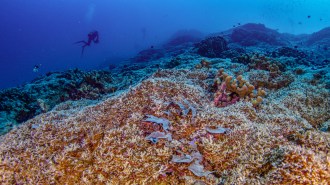 Oceans
OceansThe world’s largest coral was discovered in the South Pacific
The behemoth coral, discovered in October in the Solomon Islands, is longer than a blue whale and older than the United States.
By Nikk Ogasa -
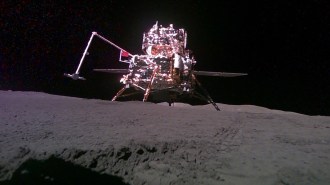 Planetary Science
Planetary ScienceA first look at rocks from the lunar farside create a volcanic mystery
Rocks returned by China’s Chang’e-6 mission suggest volcanic activity just 2.8 billion years ago but lack telltale heat-generating elements.
-
 Health & Medicine
Health & Medicine22 pesticides show links to prostate cancer
The new finding comes from an analysis of pesticide use and prostate cancer incidence in over 3,100 U.S. counties.
-
 Psychology
PsychologyResearchers seek, and find, a magical illusion for the ears
A contest to design a sound-only magic trick could help psychologists learn about differences between visual and auditory perception.
-
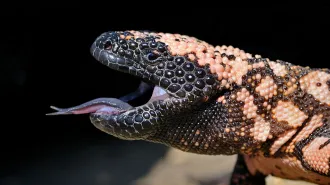 Health & Medicine
Health & MedicineLizard spit can help detect a rare pancreatic tumor
A protein found in Gila monster saliva flags tiny pancreatic tumors in PET scans.
-
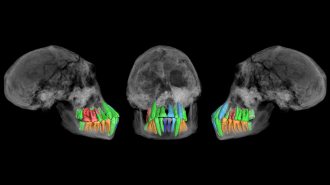 Anthropology
AnthropologyFossil teeth hint at a surprisingly early start to humans’ long childhoods
Signs of temporarily delayed tooth development in the skull of an ancient Homo species youth spark debate about the origins of humanlike growth.
By Bruce Bower -
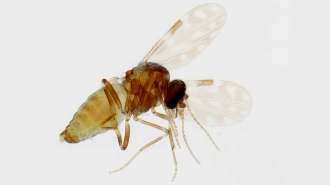 Health & Medicine
Health & MedicineThe virus behind an outbreak in Brazil can spread from mother to fetus
Transmission of Oropouche virus to the womb has been confirmed in two stillbirths and one birth with congenital anomalies that occurred in Brazil.